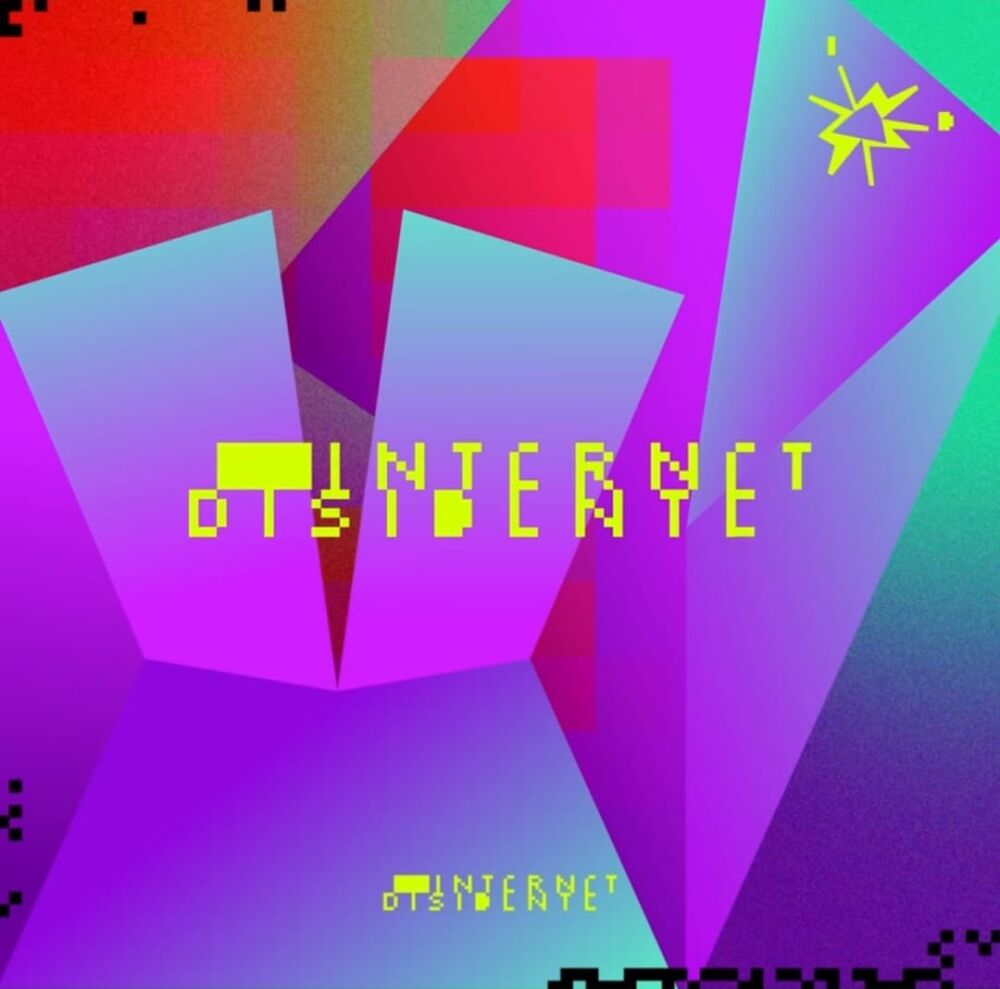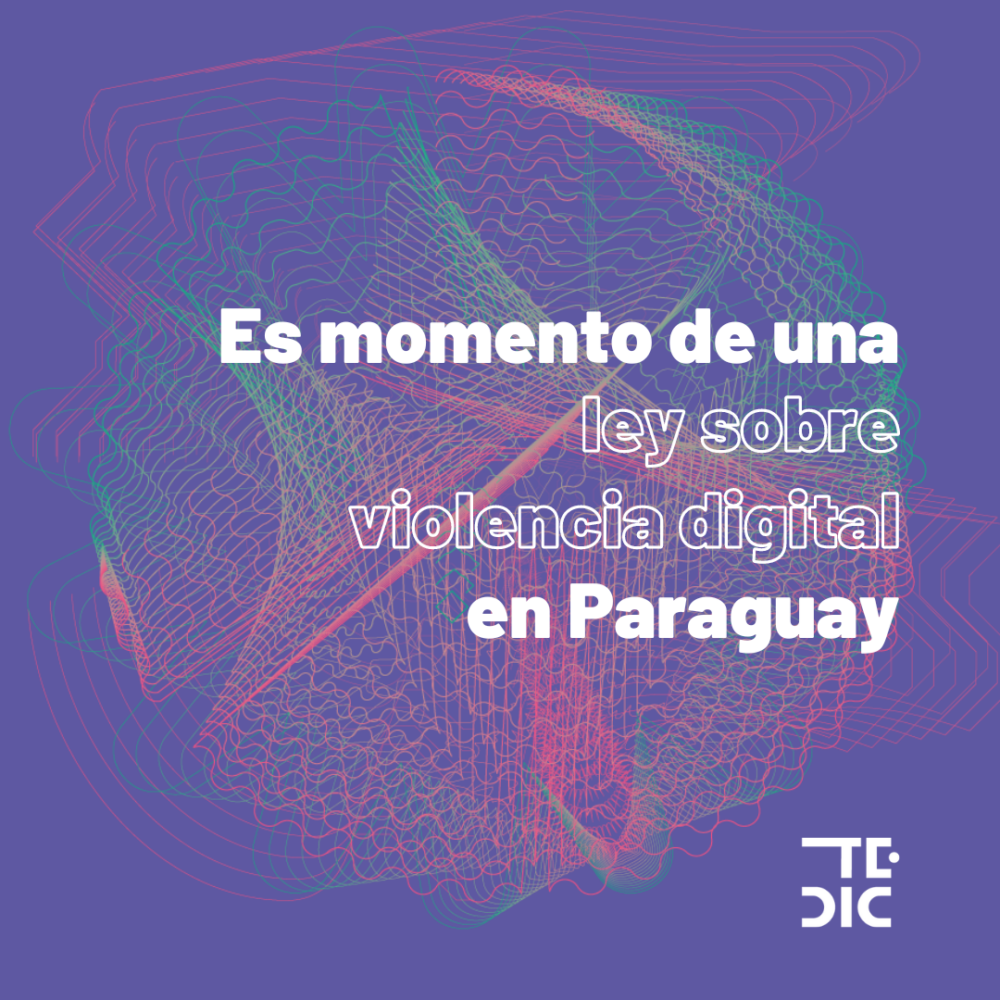
Following the Covid-19 pandemic, the world swiftly came to recognize the importance of the Internet and other technologies, transferring most of its professional, personal, and leisure dynamics to the digital realm. This shift, both individually and collectively, led us to question our identity and practices.
In these spaces, the opportunities offered by digitality are clearly exposed and enhanced, but so too are the structural violences that are replicated, and often amplified, from “offline” spaces (outside the internet).
One form of violence that has found a space to multiply and deepen in recent years is transphobia and violence towards other gender identities outside the cis-heteronorm. In recent years, we have seen an exponential growth of aggression, disqualifications, devaluations, classist and colonial discriminatory discourses, which are often hate speech. This forms of violence has been amplified through the use of social media and other digital means to deny the rights of queer people, threatening their lives.
At the heart of our “Dissident Internet” campaign, a collaboration between TEDIC, Hiperderecho (Peru), and Luchadoras (Mexico) with the support of the Fondo Mujeres del Sur (FMS), we developed a series of three informative videos that address topics such as: resistance to algorithmic biases, the non-neutrality of technologies, and a journey to a Dissident Internet of the future.
Additionally, we developed a digital security and self-care kit, which seeks to function as a tool that allows everyone to navigate and counteract hate speech in digital spaces. This kit is the fruit of collaboration and experiences gathered in two listening groups, where more than 30 people from Paraguay, Peru, and Mexico shared their experiences and strategies of activism and resistance. This set of resources represents our commitment to safer, more inclusive, empowering communication from a feminist human rights perspective.
At TEDIC, Hiperderecho, and Luchadoras, we seek to lay the foundations for a moving community that dialogues, creates, resists, and positions itself against hate and in favor of all our human rights, insisting that the digital is a clear extension of the physical space that expresses itself broadly, rapidly, and forcefully.
We also claim that the right to our freedom of expression is key to the development and exercise of other human rights, and recognize that there are contexts in which this right has been used to encourage rejection and violence towards people who are part of the queer community.
We position ourselves from resistance and enjoyment
Facing online hate and the complexities that the advancement of technology brings to our lives is not just a struggle, it is also an act of enjoyment and creativity.
In “Dissident Internet,” we celebrate community connection, mutual support, and the vindication of our differences, of the complexity of enunciating ourselves from the Global South. We recognize that pleasure, healing, and creativity are essential to sustain our resistance in digital environments.
Digital activism is a fundamental pillar of our campaign. We use the Internet to reflect, learn, mobilize, and create. We emphasize the importance of online spaces for connection, emotional support, and appreciation of the work done in the digital community.
A dissident Internet is…
It’s naming ourselves from a perspective of the global south and outside the hegemonic.
Naming ourselves from the discomfort that propels movement and in which we find coincidence. From what always bothered and will continue to bother.
Naming ourselves from the different and diverse, from what has no translation because we speak many languages.
Naming ourselves from the disruptive, the plundered, from what was rewritten by those whose history was stolen.
Naming ourselves from disagreement and knowing ourselves equal in our differences.
Naming ourselves from the possibility of existing in a thousand ways and making decisions from you to you, and creating agency.
From actions and proposals that unveil and challenge what is established as total. From the pleasure of differences and our right to occupy the Internet to the rhythm of our desires.
No matter the language we speak, what’s chido, chévere, or purete is that we still understand each other because there are common experiences that unite and cross us.
We are not looking for essentialisms or absolute truths, we seek not to react but to name ourselves and exist, form agents, create possibilities, and share with others how we do inhabit the internet.
We believe and create the internet as a territory of possibilities that surpasses and interweaves class, gender, language, sexual orientation, and allows us to meet and act to name ourselves, exist, and thus, transform fear.
A moving dissident Internet
“Dissident Internet” goes beyond being a campaign; it is a way of inhabiting digital spaces and an opportunity to reimagine the Internet from our narratives of resistance and existence from the South. We invite everyone to join our campaign by downloading our digital security and self-care kit and sharing our videos. A dissident Internet is only possible if we are all in it.

 It’s time for a law on digital violence against women in Paraguay
It’s time for a law on digital violence against women in Paraguay